516: quantum of sollazzo
#516: quantum of sollazzo – 9 May 2023
The data newsletter by @puntofisso.

Hello, regular readers and welcome new ones :) This is Quantum of Sollazzo, the newsletter about all things data. I am Giuseppe Sollazzo, or @puntofisso. I've been sending this newsletter since 2012 to be a summary of all the articles with or about data that captured my attention over the previous week. The newsletter is and will always (well, for as long as I can keep going!) be free, but you're welcome to become a friend via the links below.
Every week I include a six-question interview with an inspiring data person. This week, I speak with Lisa Charlotte Rost of Datawrapper. Some of you might know her as the voice behind their excellent blog posts and tutorials.
The most clicked link last week was the SQL Learning Game.
Open Data Camp UK is returning! After 7 events and a virtual cafe, we will be running the next Open Data Camp in Wolverhampton on 1 and 2 July at the University of Wolverhampton's Springfield Campus. You can find all the details here and free tickets are available on Eventbrite.
If you've never heard of Open Data Camp, it's a volunteer-run unconference for all things data and transparency (not just open data, but the name has stuck). I helped co-found it in 2014 and we've been running a few events since. It is well attended by data wranglers, advocates, public sector data officials (including, once, a Permanent Secretary!), and data journalists. The message is: if you are interested in any aspect of data, this is the event for you. We had 120 attendees in Belfast. Can you help us beat that record?

'till next week,
Giuseppe @puntofisso
|
DO YOU LIKE QUANTUM OF SOLLAZZO? BECOME A SUPPORTER! :) → If you enjoy this newsletter, you can support it by becoming a GitHub Sponsor. Or you can Buy Me a Coffee. I'll send you an Open Data Rottweiler sticker. You're receiving this email because you subscribed to Quantum of Sollazzo, a weekly newsletter covering all things data, written by Giuseppe Sollazzo (@puntofisso). If you have a product or service to promote and want to support this newsletter, you can sponsor an issue. |
✨ Topical
How melting ice affects everyone
"The planet’s massive ice sheets are melting as temperatures rise. Scientists are finding that melt is having surprising and far-reaching effects."
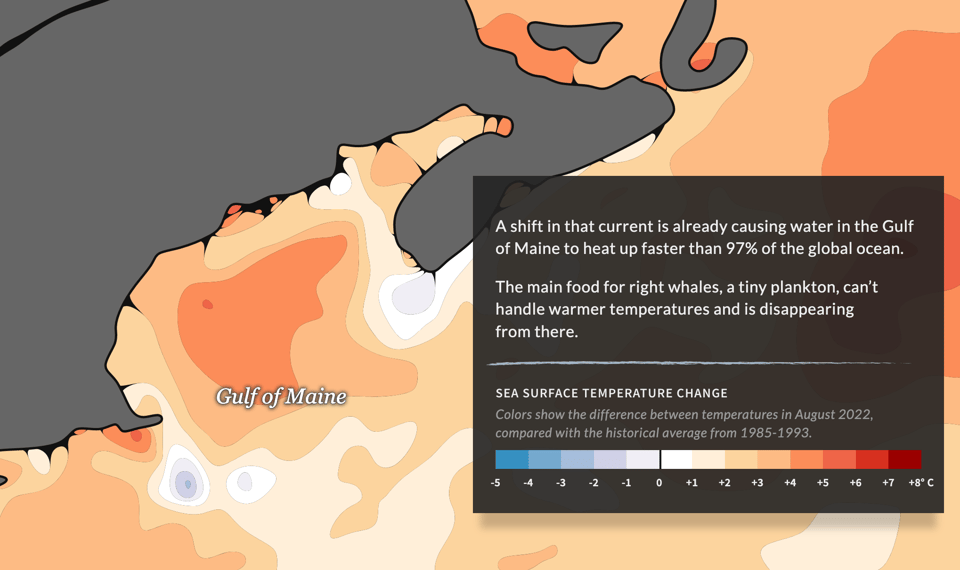
Half of American households have no retirement savings
"Personal saving has grown more important as employers have shifted away from defined benefit plans, or pensions, putting more of the responsibility on workers to plan for retirement. In 1989, half of working households ages 50 to 60 had a defined benefit plan. In 2019, only a quarter did."
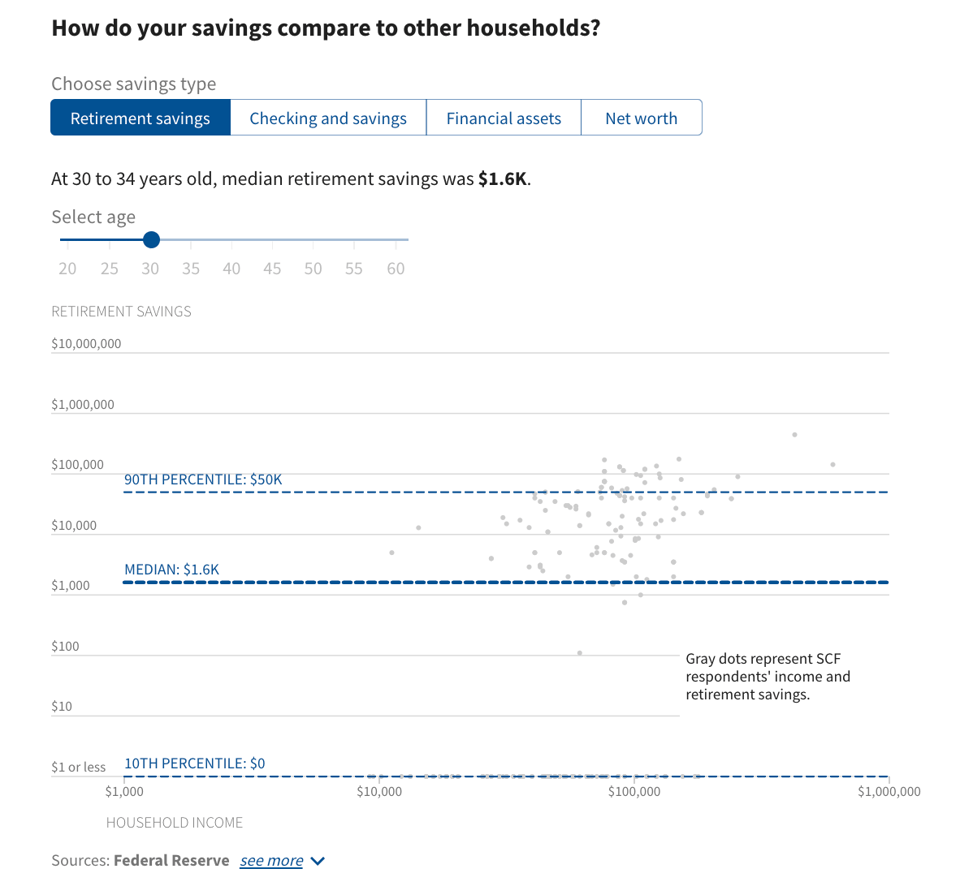
U.S. Covid-19 Deaths and Hospitalizations Near New Lows
"Some states report data less frequently as the virus has become less risky"
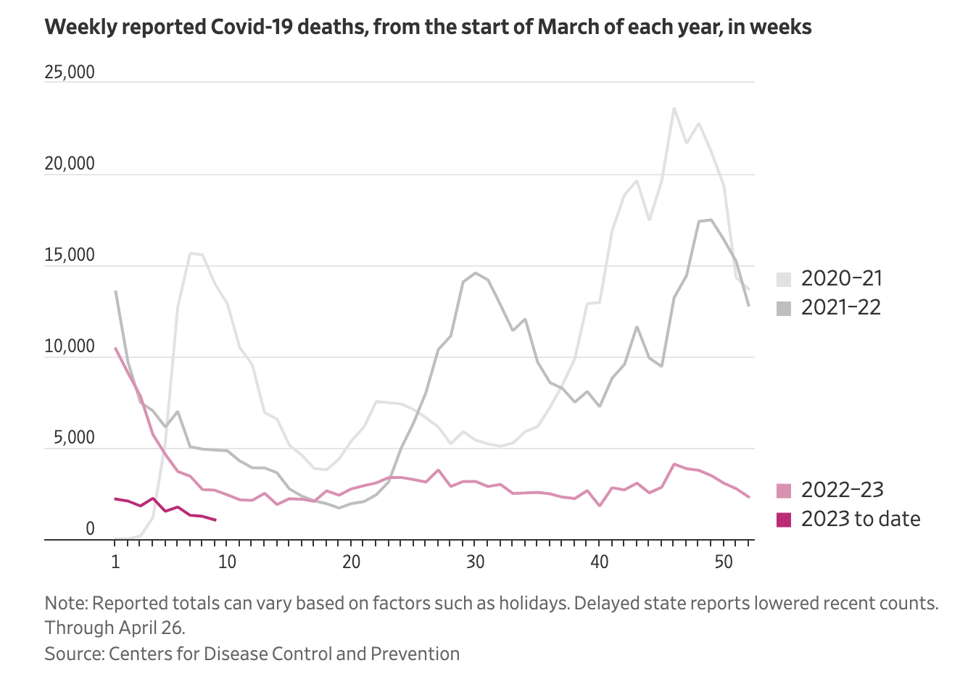
Digging in
"How Russia has heavily fortified swathes of Ukraine – a development that could complicate a spring counteroffensive."
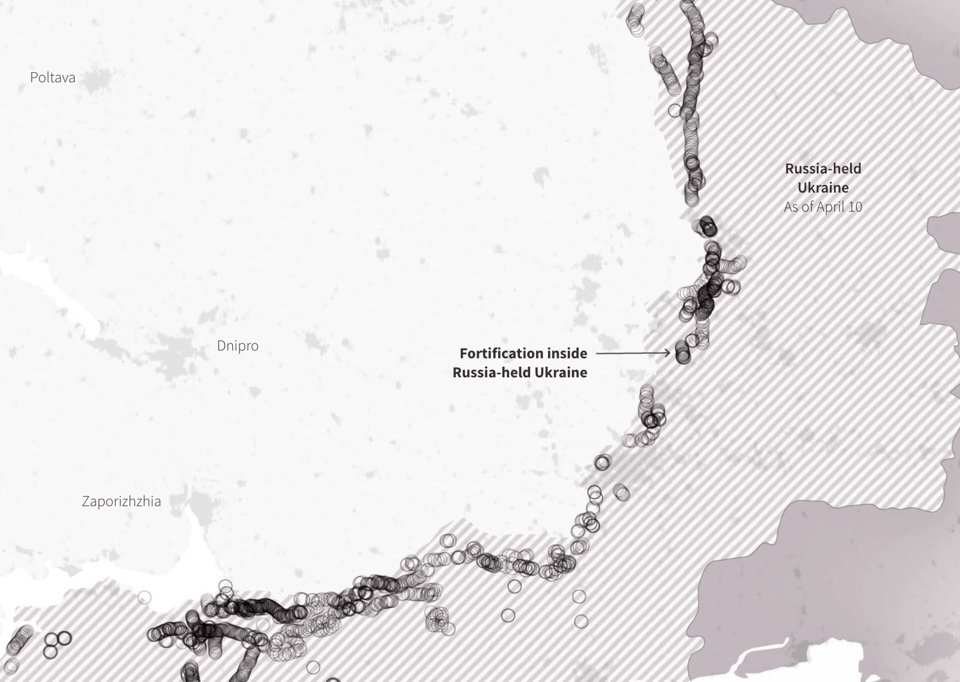
🛠️📖 Tools & Tutorials
Using the OpenCage Geocoding API from within QGIS
OpenCage (note: they are previous Quantum sponsors, but this is not a sponsored placement) have launched a QGIS plugin that allows users to use their API within QGIS. It looks pretty handy. Here's a brief how-to.
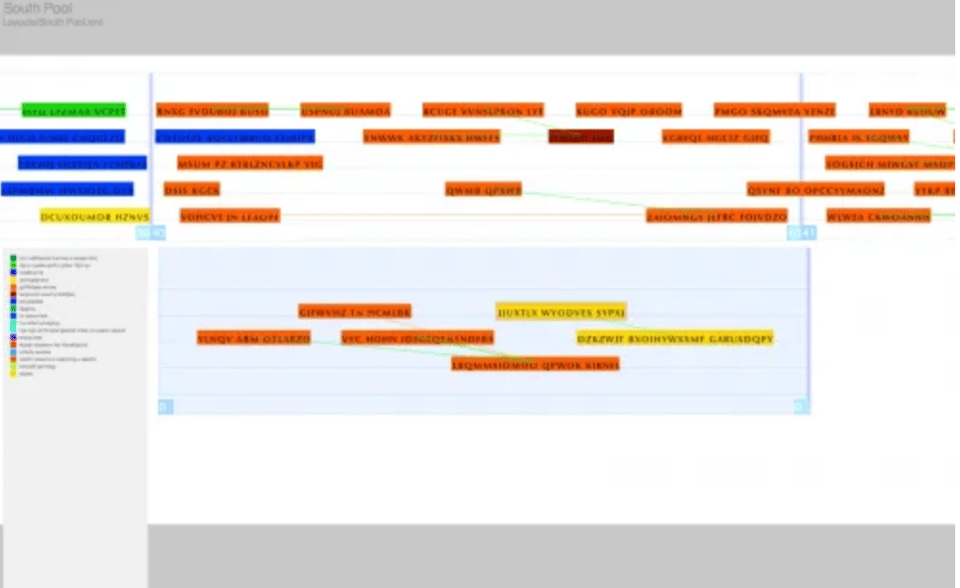
10 Key Data Structures We Use Every Day
A handy Twitter thread and a video explanation.

Awesome ggplot2
"A curated list of awesome ggplot2 tutorials, packages etc."
A Field Guide to Map Projections
"Map projections (and co ordinate systems) are a fundamental part of map making. They can be a bit of an enigma, even to cartographers. This guide is a basic introduction to the mechanics of projections."
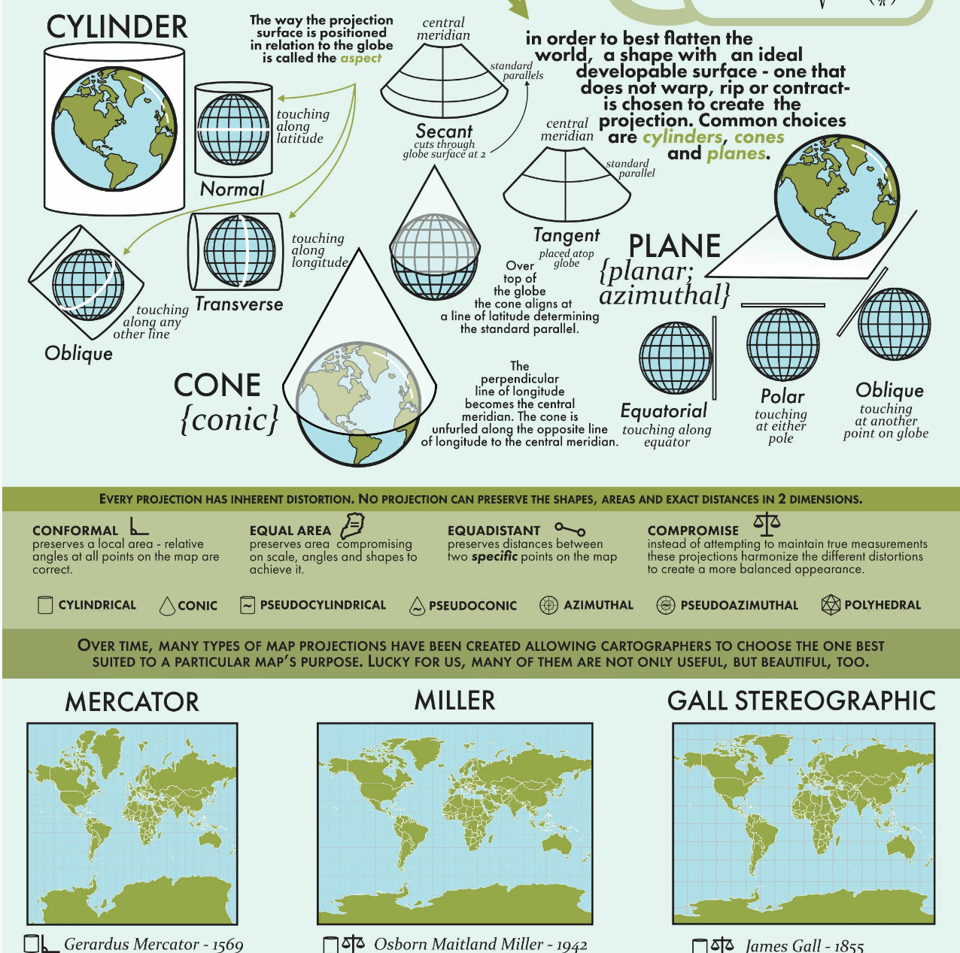
JSONify
A tool by LA Data Viz to "generate JSON for your Network".
Basically, you provide a csv with a series of pairs source,target, and it will output a json with a nodes and links structure. It can be used in Tableau and other similar tools.
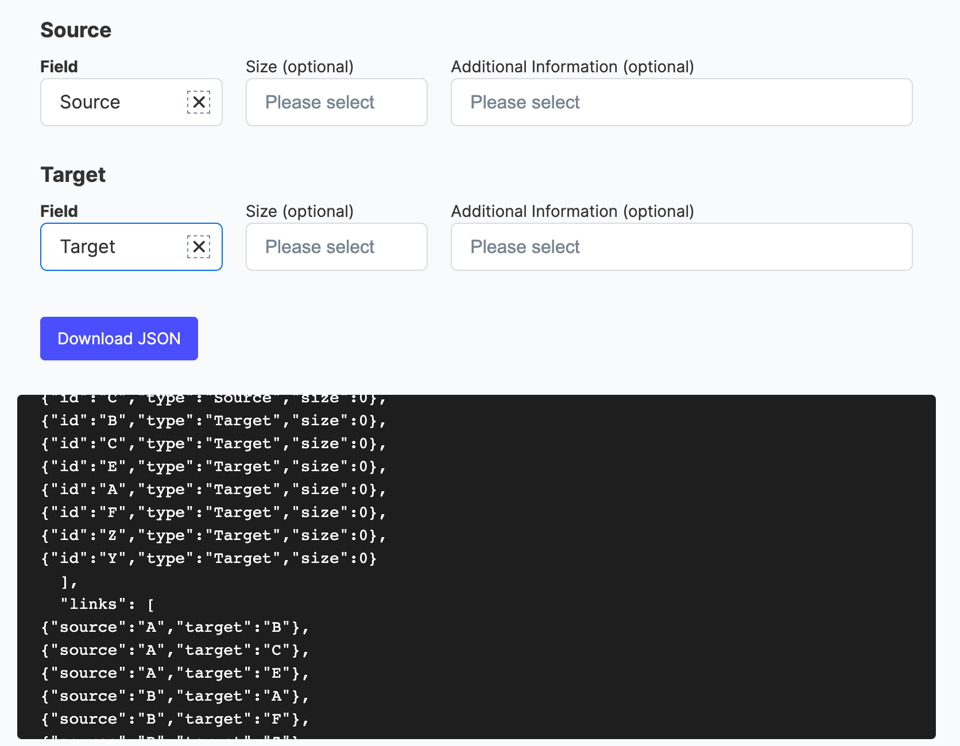
NetAScore - Network Assessment Score Toolbox for Sustainable Mobility
If you're writing about transport and sustainability, this tool could be handy: "NetAScore provides a toolset and automated workflow for computing bikeability, walkability and related indicators from publicly available network data sets."
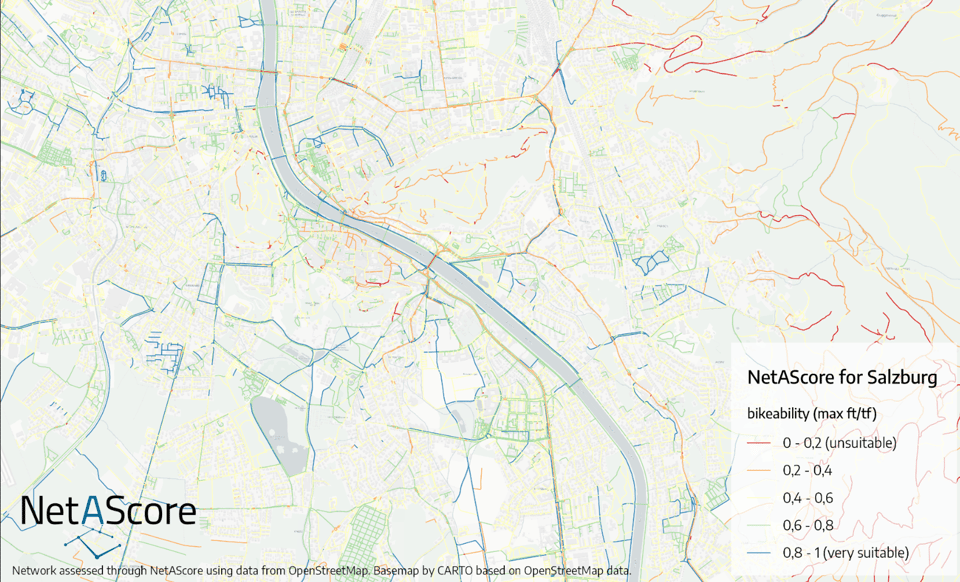
Making Middle Earth maps with R
"Explore Tolkien’s Middle Earth with R-based GIS tools, including {ggplot2} and {sf}"
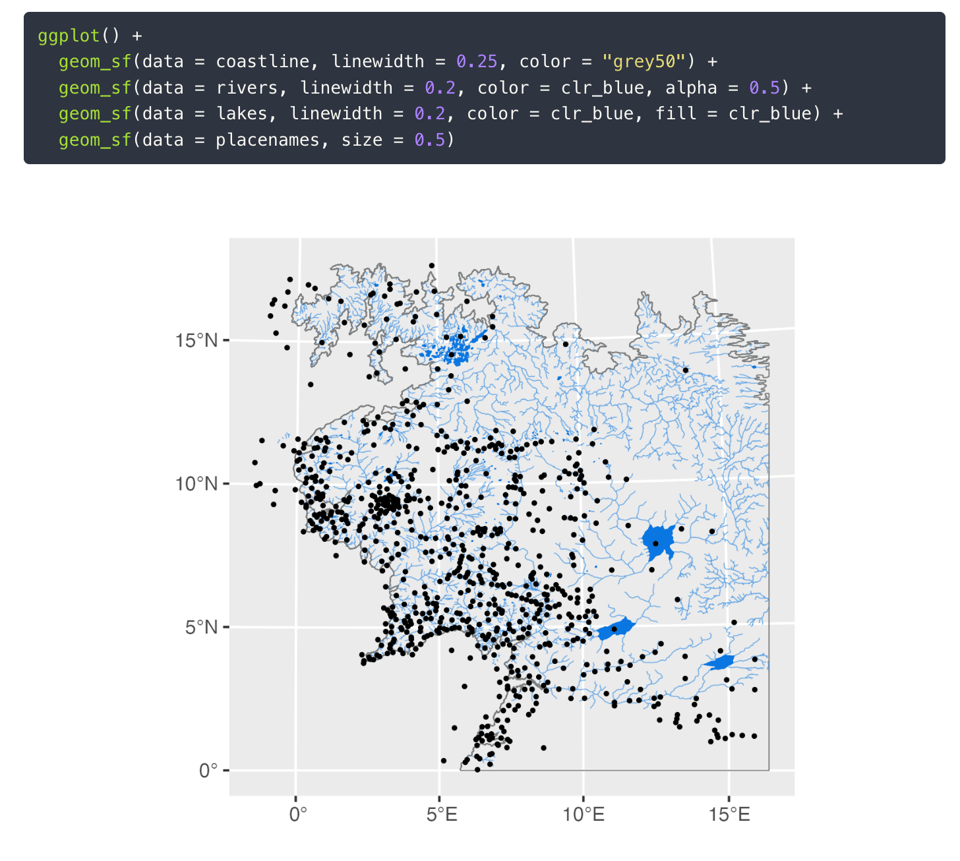
How I Created a Data Visualization With Zero Coding Skills, Thanks to ChatGPT
"I wanted to share my journey of leveraging ChatGPT to create data visualizations."
Soonk Paik for Nightingale.
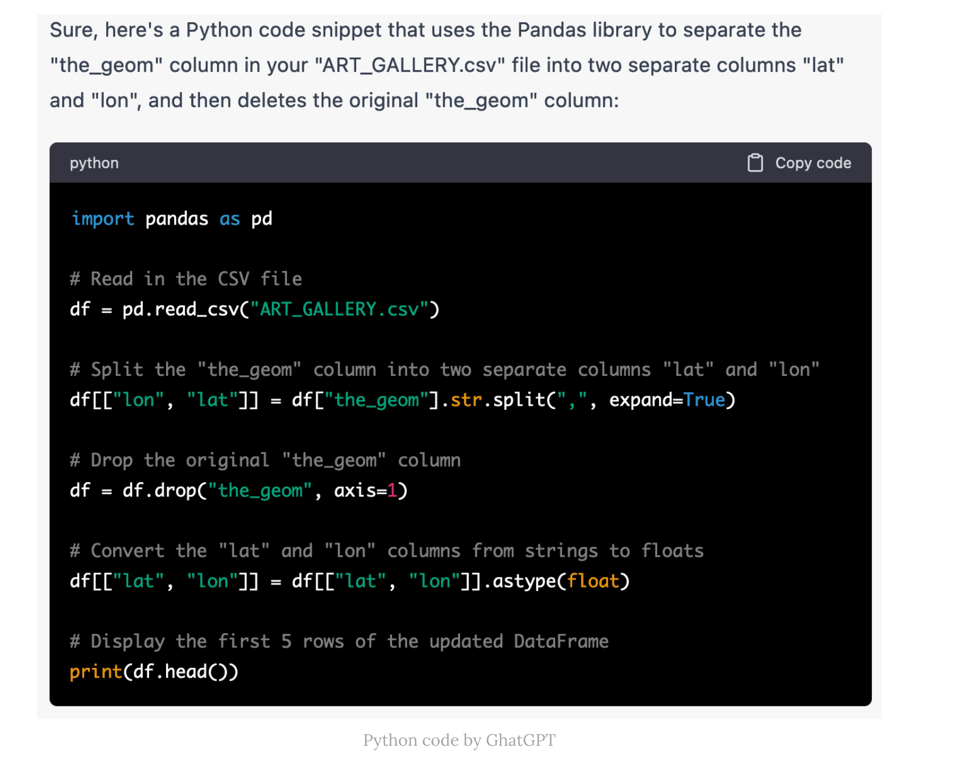
Observations from last week’s Software Engineering course and a pile of new Open Source tools for you
A good read by the ever resourceful Ian Ozsvald.
Quantum computing could break the internet. This is how
"The next generation of quantum computers will open a new world of possibilities, but also pose enormous risks to our online security."
A brilliant visual explainer by a stellar Financial Times team: Sam Learner, John Thornhill, Sam Joiner and Irene de la Torre Arenas.
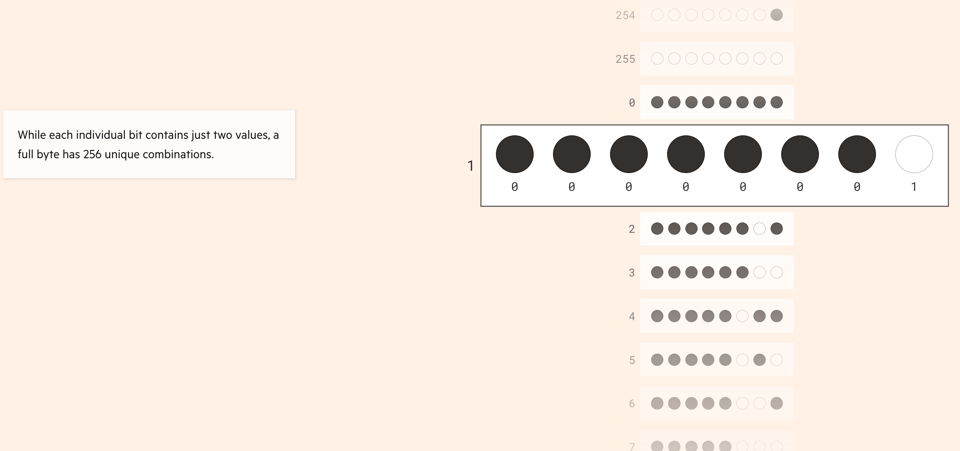
🤯 Data thinking
Over the years I’ve managed dozens of data scientists, analysts and analytics engineers...
"...across multiple companies, and it stands out to me that most common theme I see in feedback on data folks is that their stakeholders wish they would say what they thought more."
Good thread on data culture by Katie Bauer.
Synthetic data could be better than real data
"Machine-generated data sets have the potential to improve privacy and representation in artificial intelligence, if researchers can find the right balance between accuracy and fakery."
On Nature, but independently financed, so to be taken with a pinch of salt.
📈Dataviz, Data Analysis, & Interactive
All The Names: Algorithmic Design and the 9/11 Memorial
I didn't know that the placement of names at the 9/11 memorial was done algorithmically. The process is explained here. Jer Thorpe, who worked on the algorithm, also wrote a book called "Living with Data", which also has a code repository.
(via Donata Columbro's newsletter)
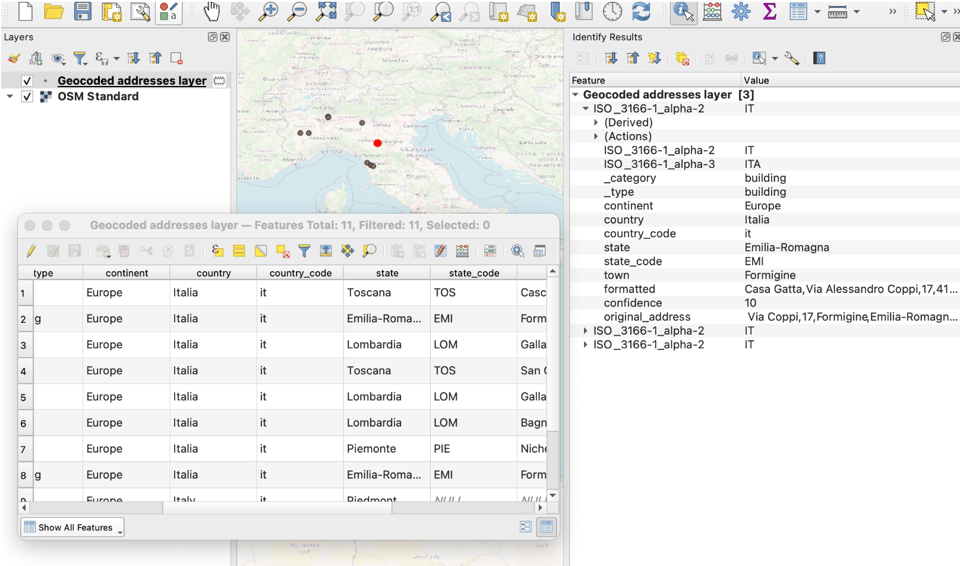
Pesticide Data Visualization
"So I decided to look at a vital part of our planet and ecosystem that we all hugely depend on: bees. How do pesticides affect bees?"
Pity this is not interactive, but I'm linking mostly for the good data sources.
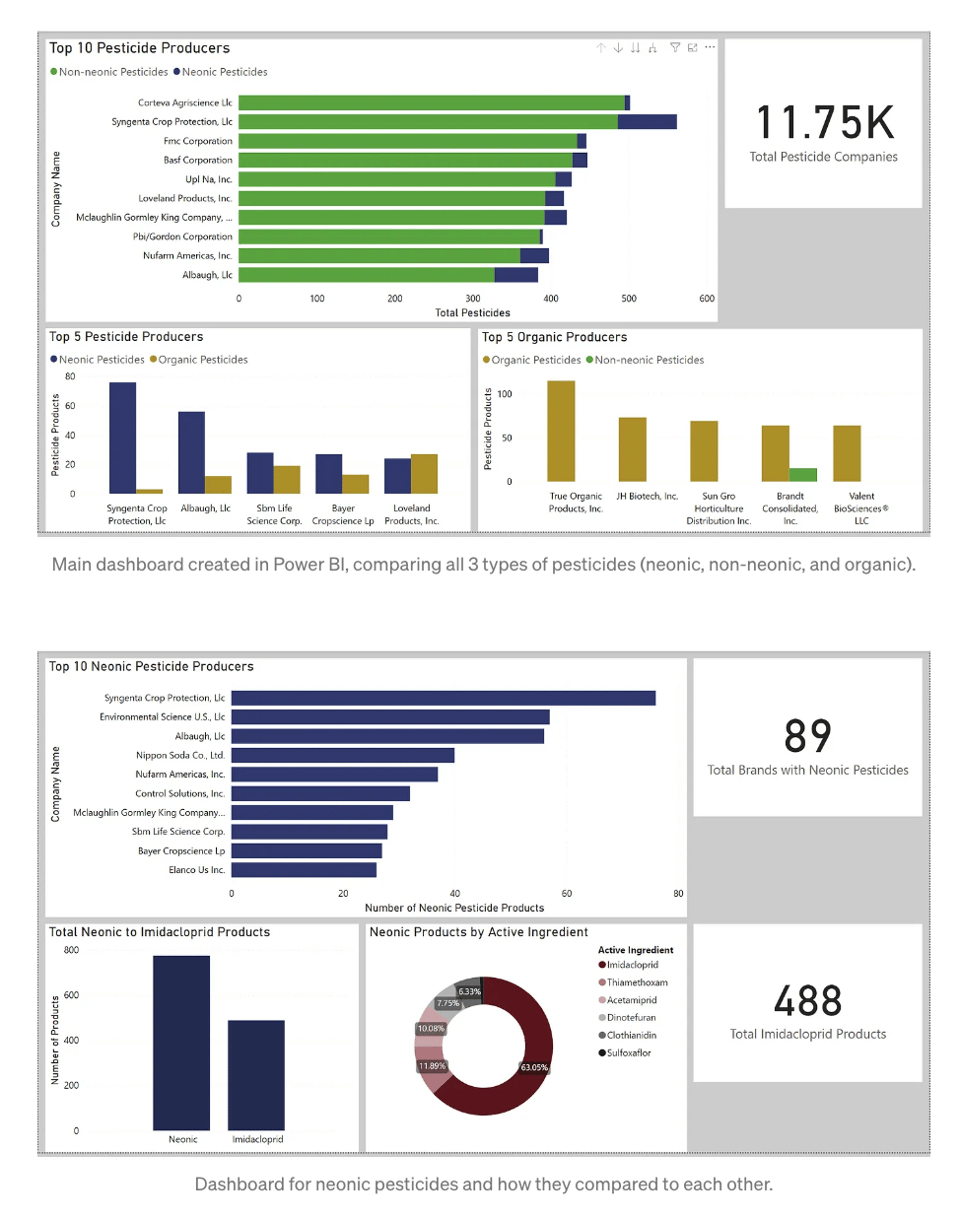
🤖 AI
Mr. Ranedeer: Your personalized AI Tutor!
This is bonkers. A massive JSON to be used as a ChatGPT prompt, which turns the chatbot into a personalised tutor.

Why Chatbots Are Not the Future
"Good tools make it clear how they should be used. And more importantly, how they should not be used. ... If you think about it, everything you put in a prompt is a piece of context. ... Good tools let the user choose when to switch between implementation and evaluation."
In brief, this article doesn't say that language models are bad; rather, it argues that chatbots are a bad way to use language models.
AI + Data + Poetry
Unleashing ChatGPT on the Iris dataset with an odd request attached.
quantum of sollazzo is supported by ProofRed's excellent proofreading. If you need high-quality copy editing or proofreading, head to http://proofred.co.uk. Oh, they also make really good explainer videos.

Supporters* casperdcl and iterative.ai Jeff Wilson Fay Simcock Naomi Penfold
[*] this is for all $5+/months Github sponsors. If you are one of those and don't appear here, please e-mail me